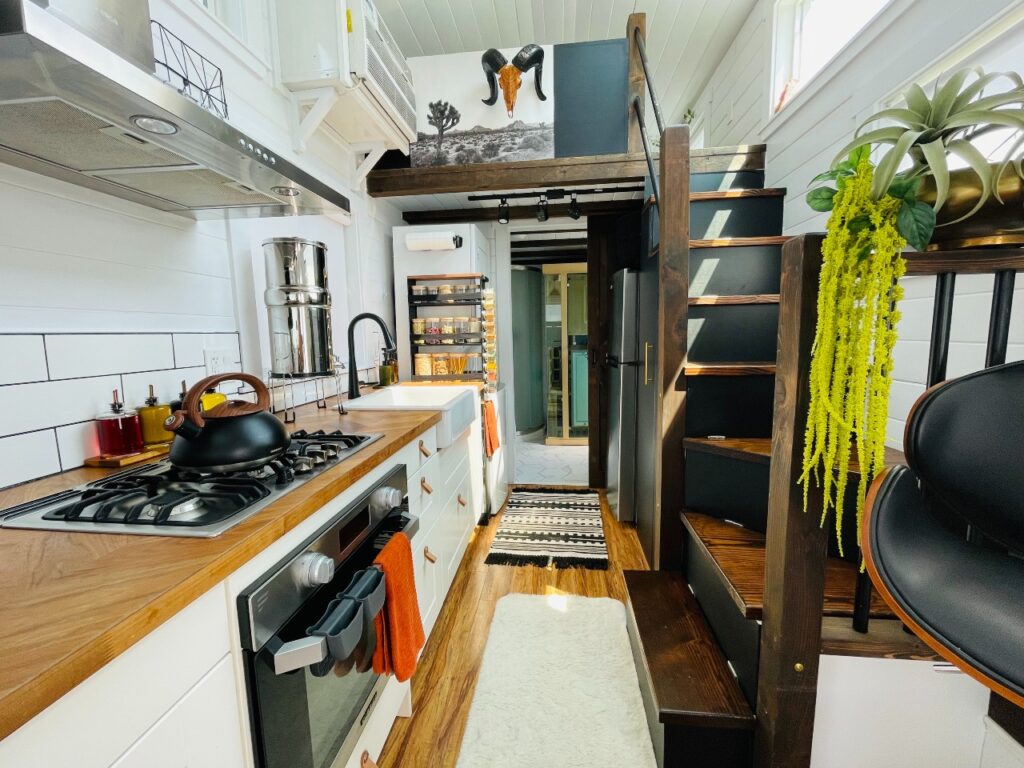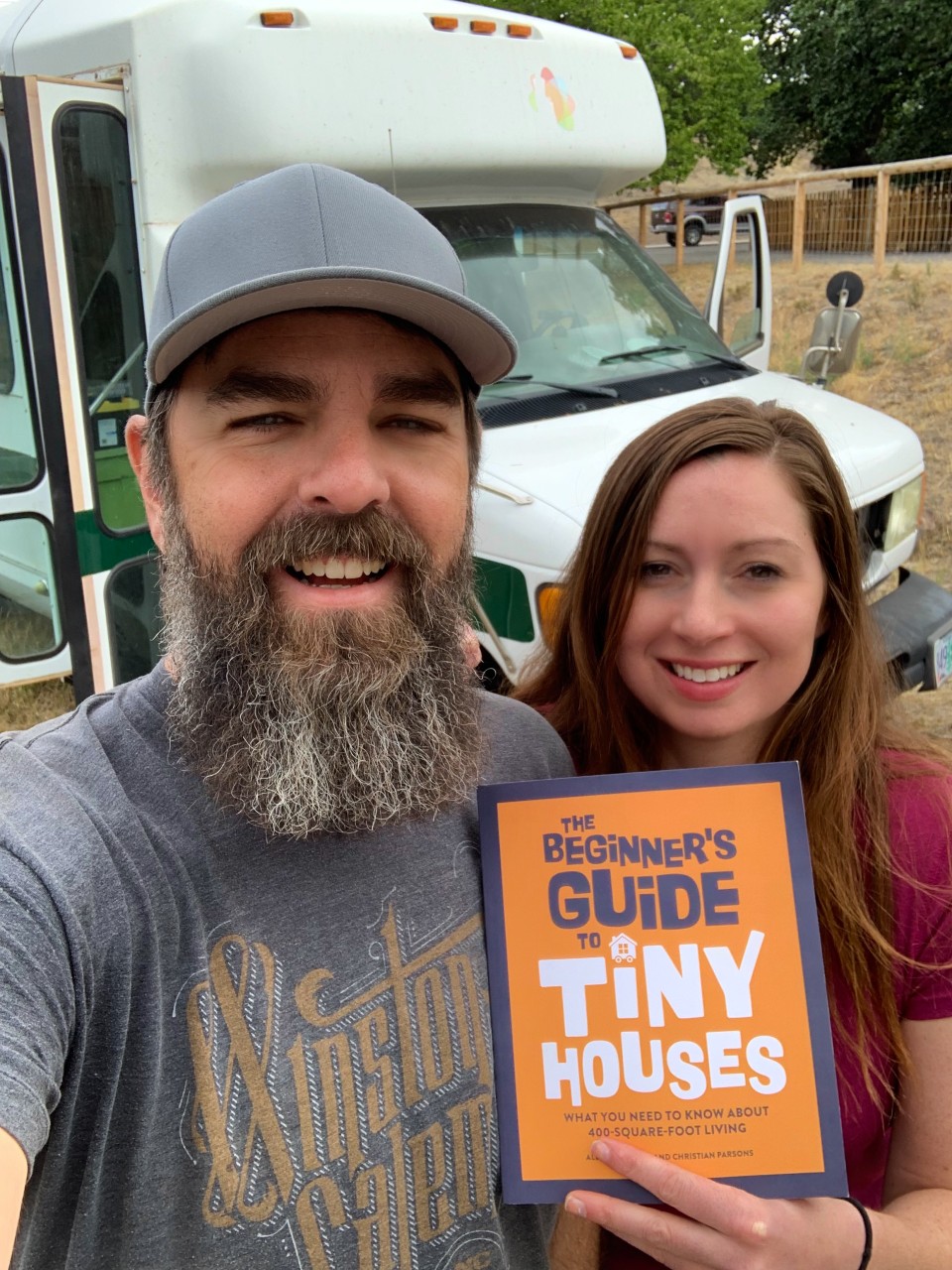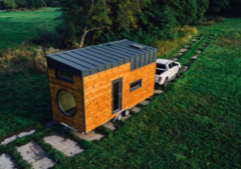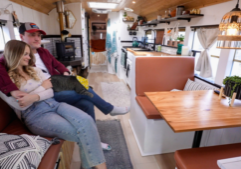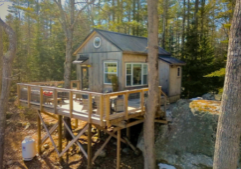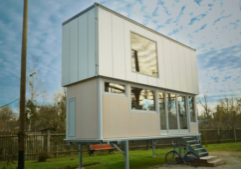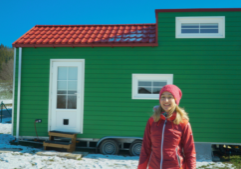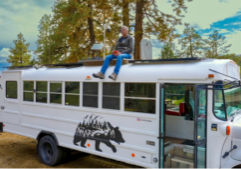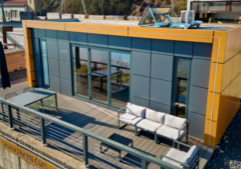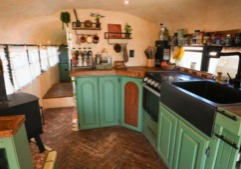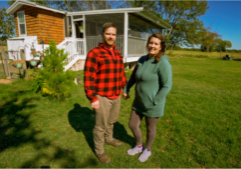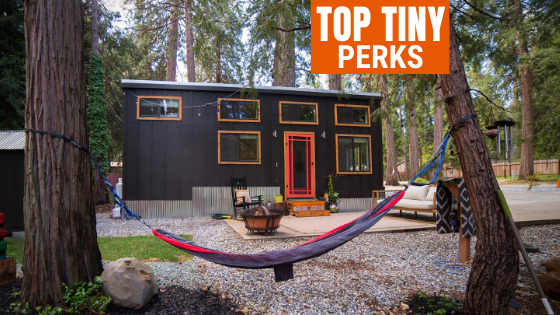
The Top Benefits of Tiny House Living
Are you ready to move toward a minimalist lifestyle? If so, you have several options. You can reduce clutter, improve overconsumption habits, and invest in a smaller home. The top benefits of tiny house living can encompass all of these options and more.
But if you need to ditch the mortgage on your existing home first, you may need some tips on selling my house. Once sold, you can begin searching for your ideal tiny home. Tiny house living can help create a higher quality of life by better utilizing your time, energy, and finances.
If you aren’t sure if this is the right move for you, keep reading, to learn more about the top benefits of tiny house living.
Top Benefits of Tiny House Living
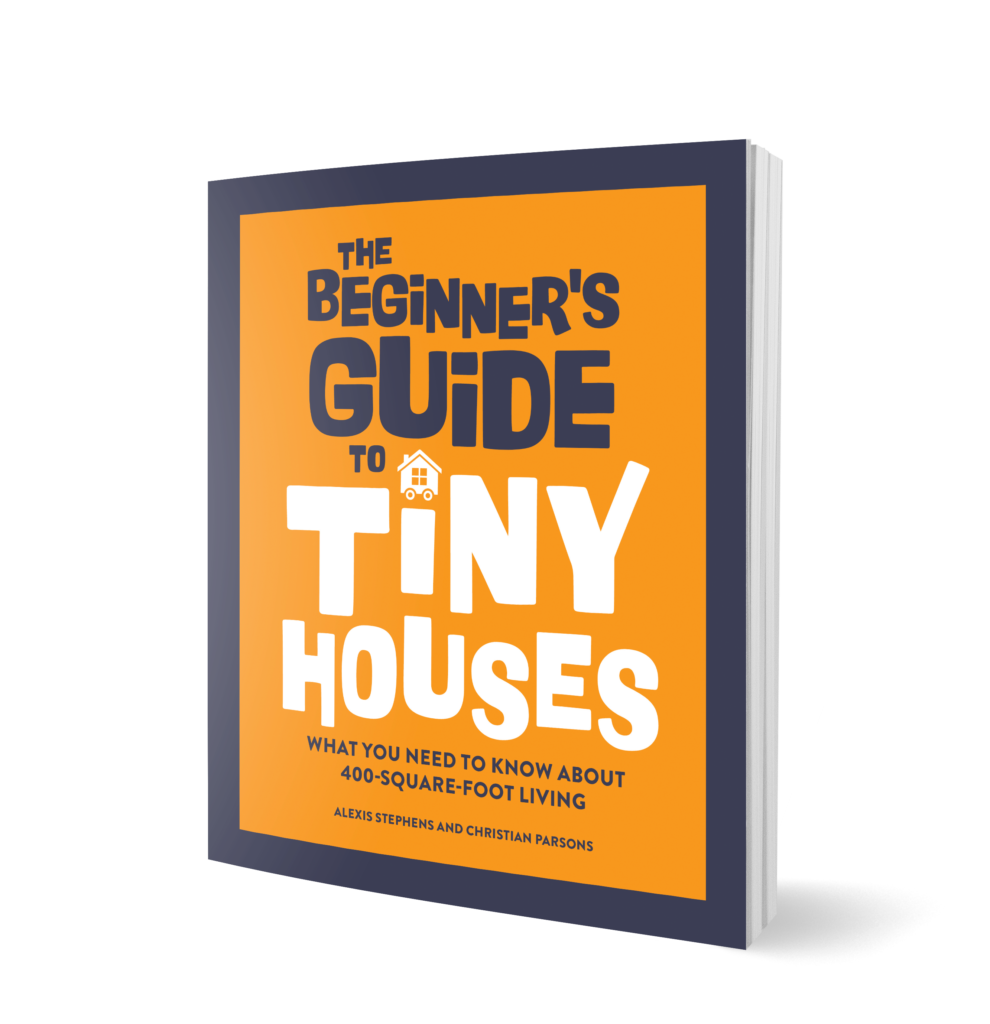 Tiny homes epitomize the saying less is more. The less available space, the more creative the design. A reduced carbon footprint means greater satisfaction knowing you're doing your part to help the environment. Less house means fewer energy expenses leading to more financial freedom. More specifically:
Tiny homes epitomize the saying less is more. The less available space, the more creative the design. A reduced carbon footprint means greater satisfaction knowing you're doing your part to help the environment. Less house means fewer energy expenses leading to more financial freedom. More specifically:
Simplifies Your Life
Mainstream norms about "socially acceptable" lifestyle choices seem to work against both our awareness of nontraditional ways of living and our confidence in pursuing them. These norms are programmed into us all from a young age via the media, family expectations, and general societal pressures. As a result, the path to "success" in adulthood follows an all-too-familiar series of steps: school, marriage, mortgage, and credit card debt.
The process of transitioning into a tiny house can powerfully reset your perspective on real success, even if you just live tiny for a season of your life. Limiting your square footage naturally limits your ability to collect junk that clutters your home and outlook on life. This literal change of perspective can be vital to challenging societal norms and finding personal freedom. Simplicity can also create a higher quality of life. For instance, it often creates extra free time to spend doing what you like and with the people you love.
Keep in mind, a tiny house is not just for one particular socioeconomic class of people. It can provide value for those transitioning out of homelessness to millionaires and everyone in between because simple homes create opportunities for a more fulfilling life.
Costs Less to Build & Cheaper to Maintain
Many people design and build tiny homes all on their own. However, even if you don't go the DIY route, the construction of a tiny house costs much less than a traditional single-house residence.
The actual cost of a traditional home is much more than the mortgage. It encompasses expensive utility fees, long-term maintenance, and repair or replacement costs for things such as roofs and HVAC systems. While a larger house requires more significant maintenance and related expenses, a tiny house requires the opposite. Living in a tiny home can drastically reduce the amount of money you spend on utilities, maintenance, and repairs. You'll be using less water and electricity than the average homeowner. This will help you save massive amounts over the years, reducing your cost of living.
All the money you don't spend can be dedicated to saving for the future and reducing month-to-month strain. Extra expendable income can also go towards pursuing your passions, like travel or starting your own small business.
While overall maintenance needs and costs may decrease in a tiny house, each surface and piece of furniture in your tiny home will get used more often, resulting in more wear and tear.
Simple to Clean
A tiny house is small, which means less space to clean. However, it does get dirty quickly! The upside is it's also doesn't take much energy or time to clear up. So you can anticipate management of day-to-day household chores to be a breeze.
Reduce Your Impact On the Environment
Living in a tiny house isn't just good for you; it's also good for the environment. When you move to a smaller home, you reduce your impact on the environment. For example, housing materials like lumber, roofing, and insulation are essential in building homes. Thus, the bigger the house, the more materials are needed. As the standard home size has increased, so has the amount of new construction waste. Devasting amounts of perfectly good materials end up in the landfill every year from material overages. Tiny houses require fewer construction resources and also produce less building waste because of the individualized construction.
When you go tiny, you further reduce your ecological impact by cutting down energy usage and waste. A recent study, The Ecological Footprints of Tiny Home Downsizers, found that most tiny home dwellers reduced their energy consumption by 45 percent after downsizing. Many further reduce their carbon footprint through the use of solar power.
In a nutshell, when you live in a tiny house, don't create as much waste, use as much power, or take up as much space. All this leads to a healthier environment for you and your community.
Streamline Your Diet
If you live in a tiny house, you don't have as much space for storing food. You often can't have a large fridge since it will take up a lot of room. As a result, you will likely get a smaller refrigerator to store your food items.
You won't have a large storeroom or pantry for either. While some look at this as a disadvantage, you will be forced to make smarter decisions about food and waste less, so you may wind up saving money.
Let's You Move with Your Home
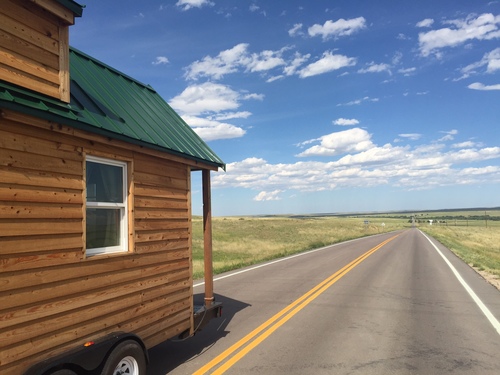
Another benefit of owning a tiny home on wheels, that is, is the ability to hitch it to your truck and take it to a new location with you, whether you're moving or perhaps just going on vacation. As you experience life changes, like a new job in another state or wanting to be closer to family, you can relatively easily relocate with their home, reducing the heartache and stress of hunting for a new one. And you can make the process into an enjoyable road trip as well.
There are challenges to consider when moving your THOWs, such as zoning rules that determine where you can park your tiny home. But generally speaking, picking up and moving is much less of a hassle than with a traditional home.
Keep in mind that each tiny home is built in unique ways. Many have solar panels and rainwater collection systems, allowing you to live off the grid. Others are constructed using more traditional methods and require water and power hookups. You must decide which option best suits your needs, and it can be a mix of on and off-grid utilities for max parking flexibility.
Just keep in mind, some tiny houses on wheels are more suitable for frequent relocation than others. Check out our tiny house travel e-course to learn more.
Is Tiny House Living Right for You?
While living in a tiny home may not be right for everyone, it has many benefits to consider. If you have been thinking about this lifestyle, now may be an excellent time to examine it further. Many people love this lifestyle, and it is a great way to focus on other important things in your life.
Read our new book, The Beginner's Guide to Tiny Houses, for more on how tiny home living can benefit you, what your options are, important realities to be aware of, and how to get started.

